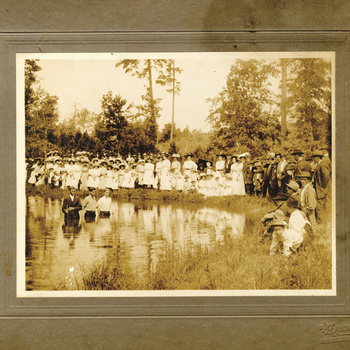Lots of folks are traveling this time of year, myself included, and so we are mindful of our need for travel mercies: protecting grace, sustaining grace, guiding grace, in the in-between places.
I do not know what you need. I doubt I know what I need myself. Whatever your journey, literal or metaphorical, God bless you on your way.
“It’s funny: I always imagined when I was a kid that adults had some kind of inner toolbox full of shiny tools: the saw of discernment, the hammer of wisdom, the sandpaper of patience. But then when I grew up I found that life handed you these rusty bent old tools – friendships, prayer, conscience, honesty – and said ‘do the best you can with these, they will have to do’. And mostly, against all odds, they do.”
–Anne Lamott, Traveling Mercies: Some Thoughts on Faith.

God be with thee in every pass,
Jesus be with thee on every hill,
Spirit be with thee on every stream,
Headland and ridge and lawn;
Each sea and land, each moor and meadow,
Each lying down, each rising up,
In the trough of the waves, on the crest of the billows,
Each step of the journey thou goest.
Carmina Gadelica III, 195
From Esther de Waal, editor, The Celtic Vision (Liguori, MO: Liguori/Triumph, 1988, 2001).
Thanks to Dan Clandenin at Journey with Jesus.







